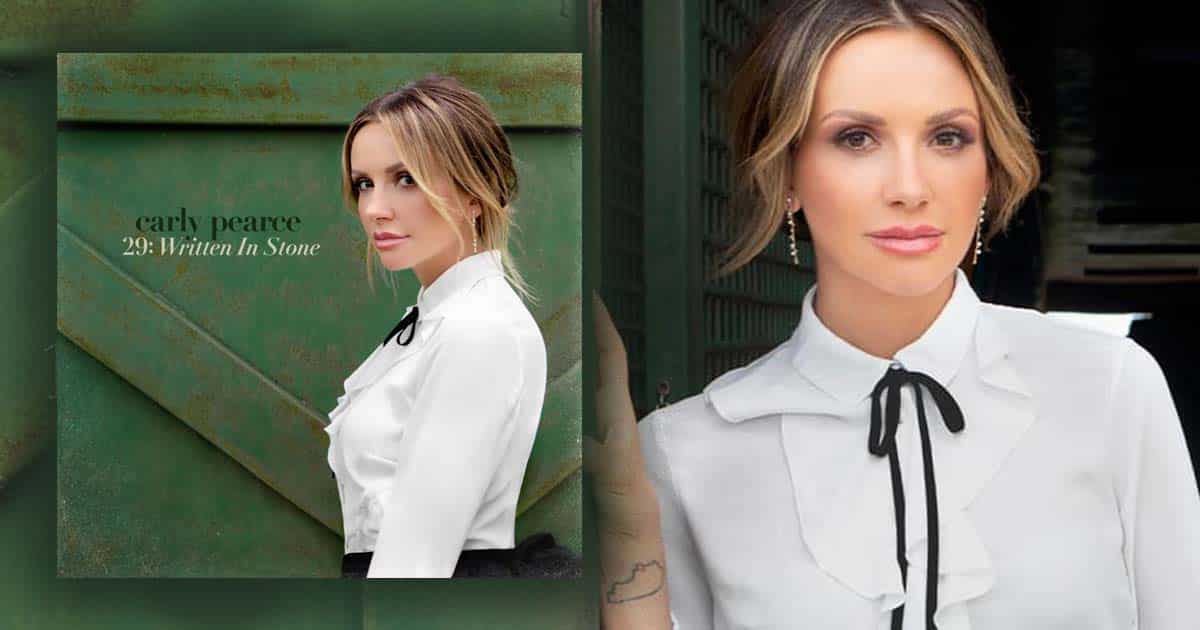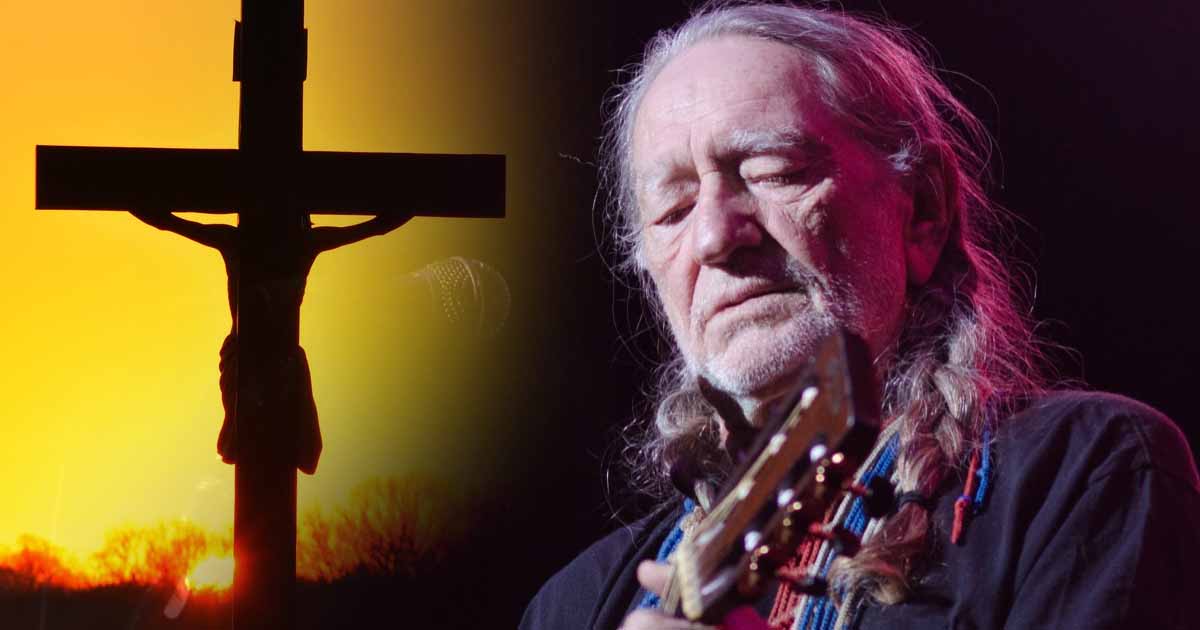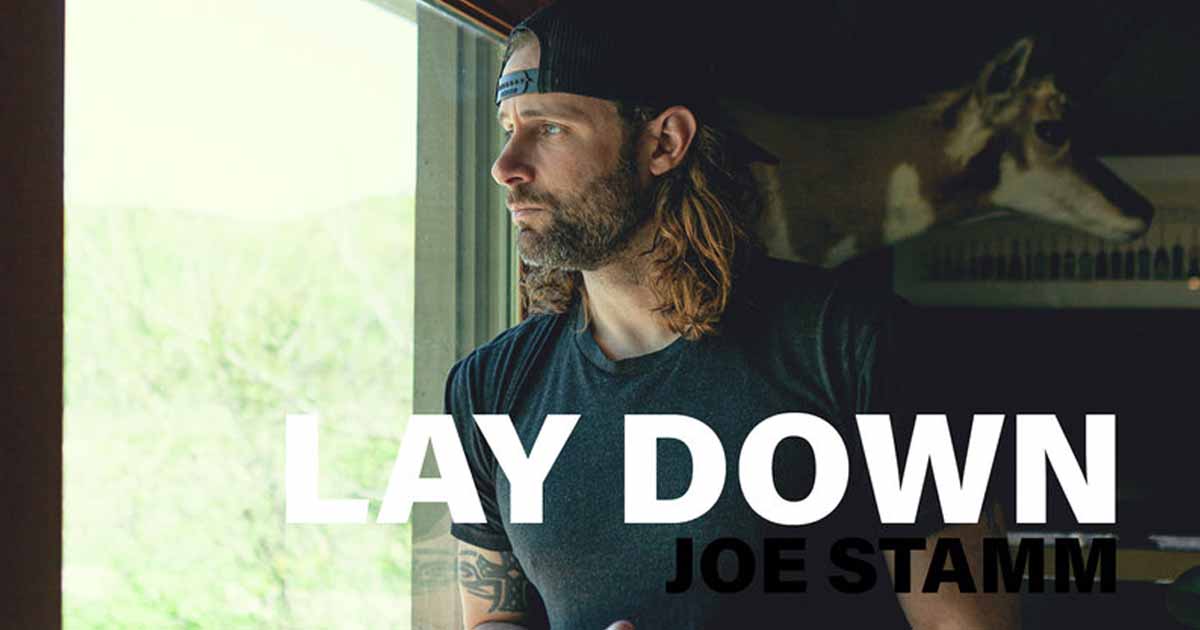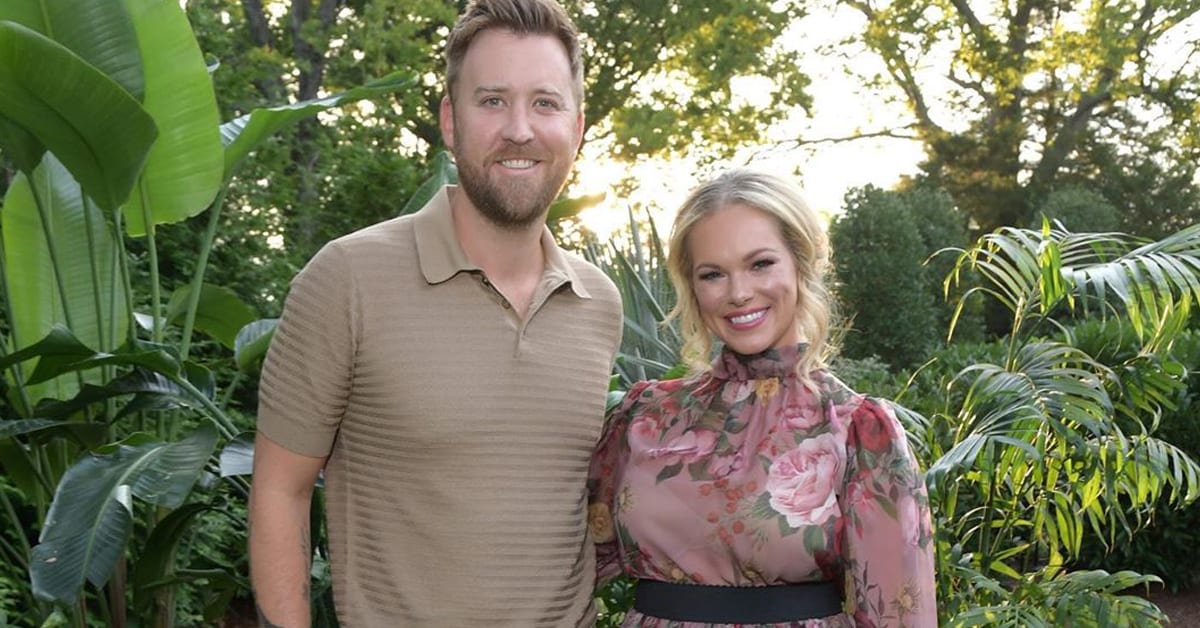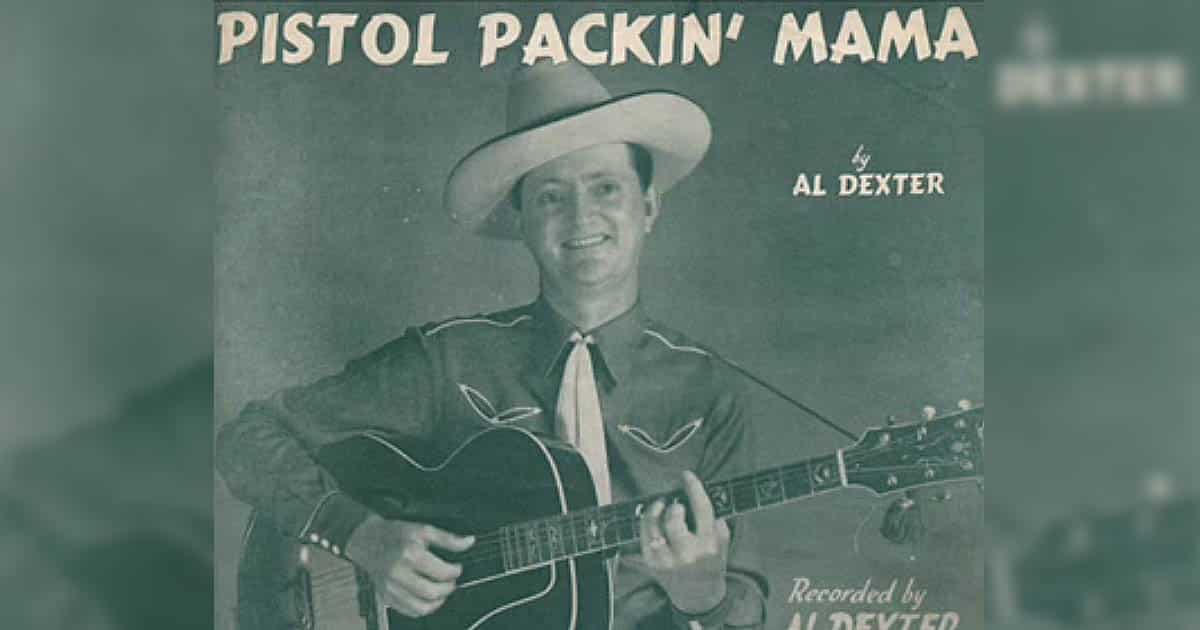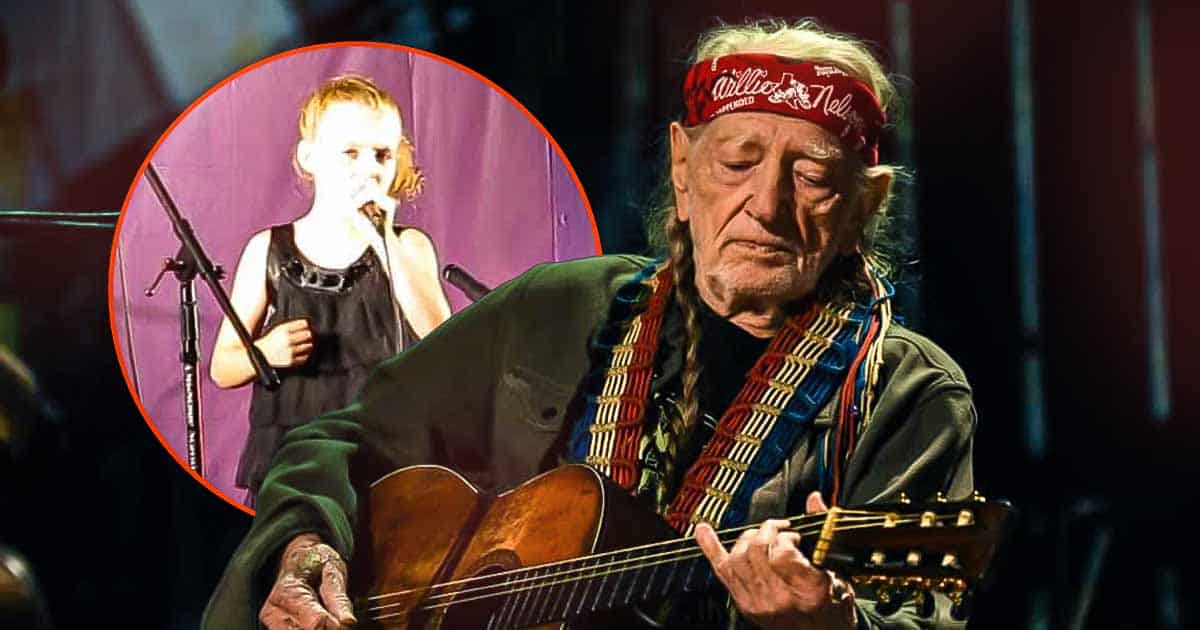29: Written in Stone arrived last September 17 via Big Machine and it’s undeniably Carly Pearce’s best and most personal album yet. With the exceptional combination of witty lyricism, a finely crafted story told across 15 tracks, and a twangy production that makes you reminisce the ‘90s country, Pearce delivered an album that spoke not only of a life chapter but also translated the kind of musician she has always wanted to be.
The End of a Chapter
This is Carly Pearce’s third full-length album and the final telling of a heartbreaking narrative that started in her seven-track EP, 29, released last February. The album chronicled the abrupt end of her eight-month marriage to Michael Ray and the death of her longtime and beloved producer and mentor Busbee.
In an interview with GRAMMY.com, she shared that losing her counterpart who helped form her sound was a big blow to her professional life and then losing her husband after that was just overwhelming. She felt so lost in the beginning but the heartbreaks, as painful as they were, fueled her and gave her the chance to try other things and get to know herself better.
The first song that she worked on for this project which was “Next Girl” introduced a sound that she had already heard before. It had a ‘90s country feel to it and she knew right then that it was something that she had always wanted to do. She never really felt completely at home with her music before as Busbee was a pop producer. But the disconnect did not exactly occur to her until she got to work on this album with Shane McAnally and Josh Osborne who loved ‘90s country just like her.
Finding herself in the ‘90s country sound did not just help her professionally but also personally. Looking back to Patty Loveless who was one of her biggest influences and the honesty in her songs gave her the push to own what had happened to her and her own truth in a way that she had never quite thought about. And with that, she was also able to fully accept things and move on.
New Beginnings
In this album, Carly Pearce also got to work with a lot of female singer-songwriters just like Ashley McBryde who featured on “Never Wanted to Be That Girl” and Kelsea Ballerini on “Diamondback.” And they were not only there as fellow artists but also as a support system to her. And it was because she felt safe with them that she was able to be fully and brutally honest in the songs that they wrote.
Aside from new beginnings in her music, she also got a newfound relationship with her fans. Sharing her personal pain with them through her songs, the honesty, and the vulnerability, connected her to them deeper than before. Her songs became an empowering anchor that fans held on to and gave them the courage to get out of relationships that no longer served them. And it has been so fulfilling for Pearce than anything that she could ever dream it would be. It gave her purpose.

